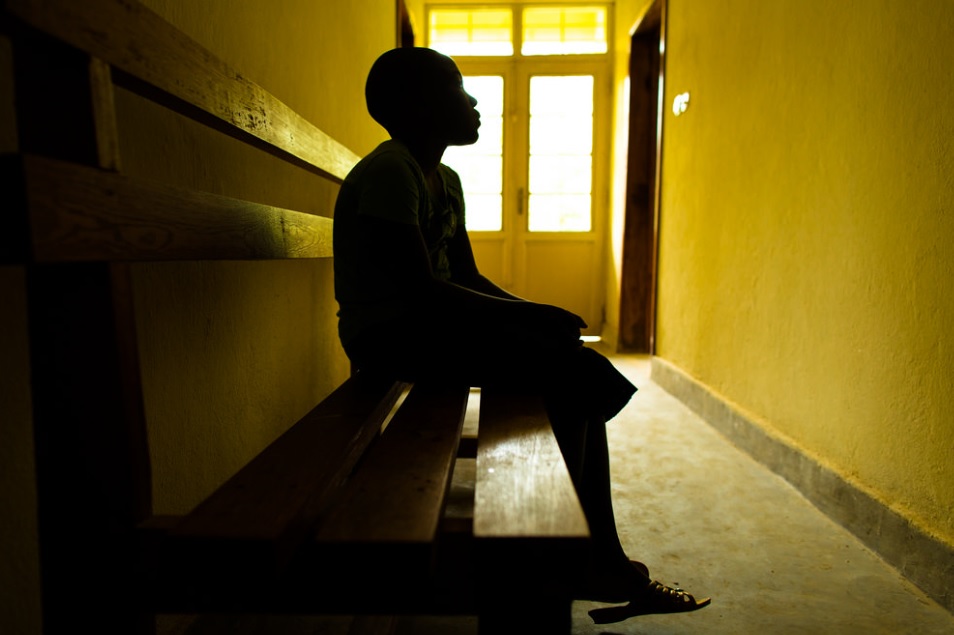As South Africa observes the 16 Days of Activism for No Violence Against Women and Children campaign, Dr Bongi Owusu, Director of Gender and Women Empowerment at the Department of Social Development, has made a heartfelt call for unity and action to tackle the scourge of gender-based violence and femicide (GBVF).
South Africa’s GBVF crisis has been described by President Cyril Ramaphosa as the country’s “second pandemic,” underscoring its devastating impact on communities. According to statistics from the South African Police Service (SAPS), over 120 women are raped daily, and a woman is murdered every three hours. These figures highlight the urgency of the issue.
“President Ramaphosa called on everyone to unite in eradicating GBV, a plague that transcends gender, sexual orientation, and social status, demanding a concerted response from all sectors of society,” Owusu said.
Promoting Solidarity and Inclusivity
Dr. Owusu emphasized the need for true solidarity in the fight against GBVF, advocating for everyone—men, women, children, and marginalized communities—to stand together. She highlighted that while women and children are disproportionately affected, GBV is not confined to one gender.
“We must acknowledge that there are women who perpetrate violence and men who are survivors. Comprehensive interventions must reflect this reality, recognizing the diverse forms and experiences of GBV,” Owusu stated.
Dismantling Harmful Norms and Stereotypes
Owusu pointed to harmful gender stereotypes and societal norms as underlying contributors to GBVF. She noted how cultural practices and toxic masculinity perpetuate cycles of violence.
“When boys are told, ‘men don’t cry,’ it fosters emotional repression and disconnection, which can manifest in harmful behaviors. Women – as mothers, sisters, or partners – can affirm that it’s okay for men to express emotions. This shift can break cycles of violence and foster healthier, empathetic relationships,” she explained.
Engaging Men as Allies
Recognizing the importance of men in the fight against GBV, Owusu called for their involvement as allies.
“Men must be seen as partners in this battle, not just perpetrators. Campaigns like ‘Not in My Name’ inspire men to take a stand against GBV and instill values of respect, empathy, and non-violence in the next generation of boys,” she said.
Community and Leadership Roles
Community leaders, including religious and traditional figures, play a critical role in shaping societal norms. However, Owusu warned that some leaders perpetuate harmful ideologies, emphasizing the need for cultural transformation.
“Faith-based organizations must challenge practices that victimise women and condone abuse. Traditional leaders and their spouses can guide boys toward respectful masculinity and empower girls with self-confidence,” Owusu added.
Amplifying the Campaign’s Impact
The 16 Days of Activism campaign has sparked dialogue across the country. Civil society organizations, corporate entities, and grassroots movements are collaborating to amplify the message. Innovative approaches, such as integrating digital tools to report abuse and expanding safe spaces for survivors, are being explored to strengthen the campaign.
The government, in partnership with non-governmental organizations, is also working to enhance survivor support services, improve law enforcement responses, and accelerate the implementation of the National Strategic Plan on GBVF.
A Call to Action
Owusu urged South Africans to take ownership of the fight against GBV, starting at the grassroots level.
“Ending GBV is not the responsibility of a few but the duty of all. By fostering partnerships across gender, faith, and cultural lines, South Africa can become a beacon of hope—a society where no one suffers in silence, and everyone is empowered to thrive,” she concluded.
The campaign, which runs annually from November 25 to December 10, seeks to mobilize all sectors of society to combat GBVF and promote a culture of accountability and mutual respect.











